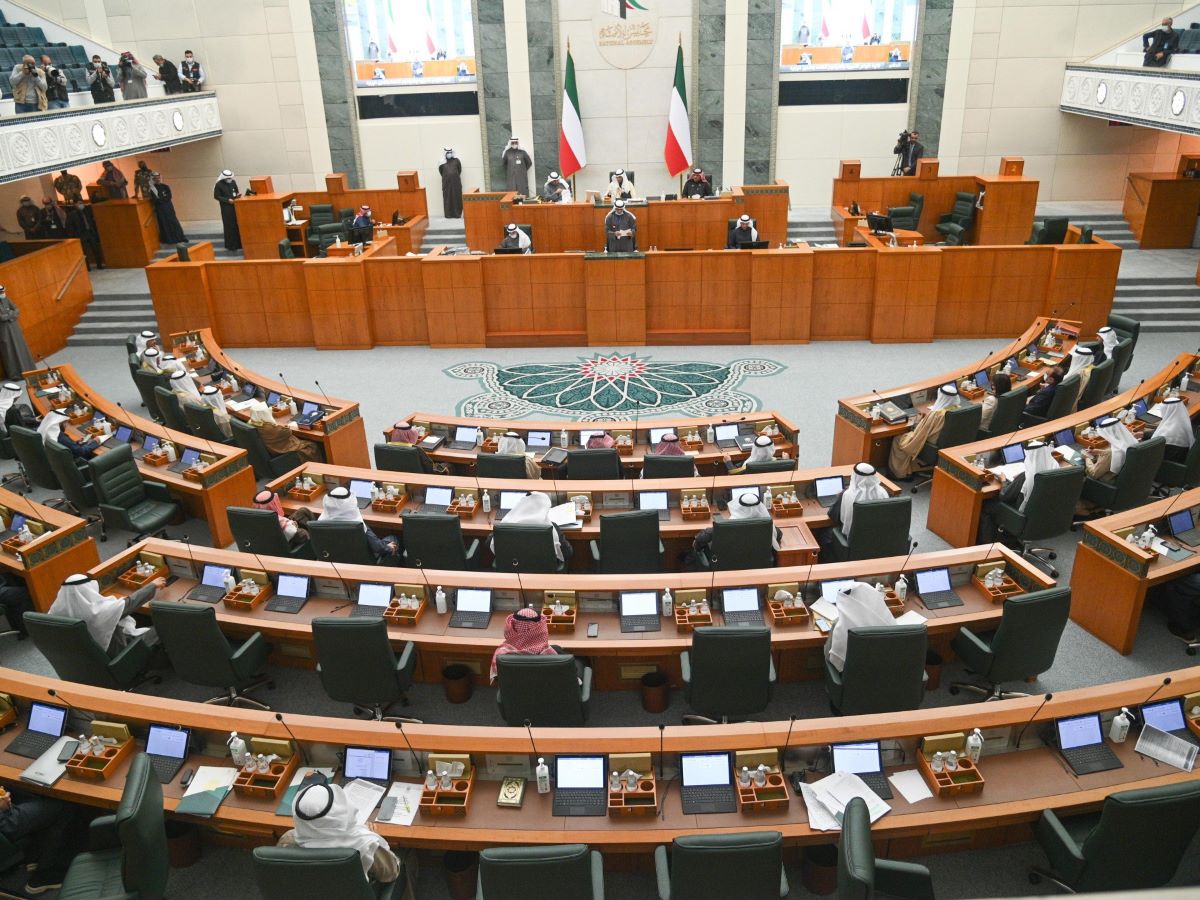Feuding between the OPEC member state’s appointed government and its elected parliament has hampered fiscal reform for years, including passing a debt law that would allow Kuwait to tap international markets and address a heavy reliance on oil.
Official results, published by state news agency KUNA on Wednesday, showed 12 new members have joined the 50-seat National Assembly following Tuesday’s vote.
One woman was elected, down from two in the previous parliament, KUNA said. The Shi’ite Muslim bloc got seven seats, two less than last year, and the Islamic Constitutional Movement, the Kuwaiti branch of the Muslim Brotherhood, kept their three seats.
Up to 15 other members will be appointed by Kuwait’s ruling emir to form a cabinet.
Dania Thafer, executive director of Gulf International Forum, said the new lawmakers have the potential to swing votes on certain issues.
Kuwait bans political parties, and candidates run for election as individuals despite their political affiliations. Its legislature has more influence than similar bodies in other Persian Gulf monarchies, including the power to pass and block laws, question ministers and submit no-confidence motions.
However frequent political deadlock has for decades led to cabinet reshuffles and dissolutions of parliament.
“There is now what can be described as a parliamentary majority with reformist intentions,” said Ahmad al-Deyain, of the Kuwait Progressive Movement (left).
He added the majority of the new parliament is made up of individual lawmakers, not a partisan majority with a particular program, who would move away from an opposition position if the government proves reformist.
The 2022 vote was nullified in March and parliament was reinstated under its 2020 composition. In May, that parliament was itself again dissolved for fresh elections.
Mohammad al-Rumaihi, a sociologist at the University of Kuwait, stated the choice of the speaker and the composition of the government will decide on how the parliament will operate.
“It could go both ways, either cooperation — and this is good for Kuwait — or clashes, and we will start again – and another election!” Rumaihi added.
The International Monetary Fund announced this week Kuwait should pass the debt law soon and enact “substantial fiscal consolidation” to reverse a projected decline into fiscal deficit over the medium term.
